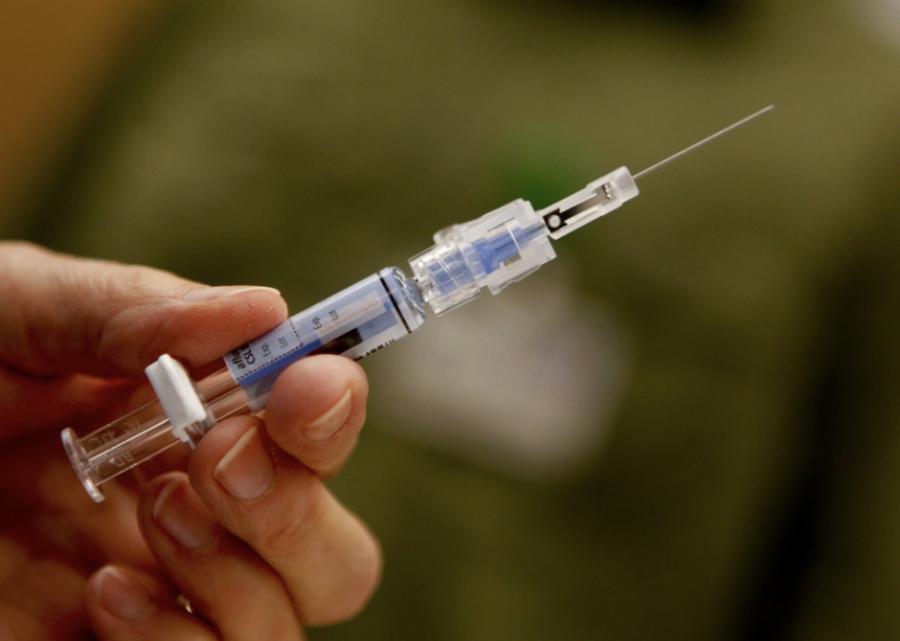On Tuesday, Aug. 4, the Maryland-based company, Novavax, released its data from phase one of its clinical trials for a new vaccine candidate for COVID-19. The company said the vaccine has a “robust immunogenicity profile.”
The phase one trial included 131 healthy participants between the ages of 18 and 59 at two sites in Australia. Out of the 131 participants, 106 of them received one of four dose levels of the vaccine, and the remaining 25 of them received a placebo treatment, meaning it has no therapeutic value.
Some of the 106 participants who received the vaccine candidate also had an adjuvant added which works to “enhance the immune response and stimulate high levels of neutralizing antibodies.”
According to the Centers for Disease Control and Prevention, adjuvants “help the body to produce an immune response strong enough to protect the person from the disease he or she is being vaccinated against.” Adjuvants have been used safely in vaccines for decades, the agency notes.
Participants in the Novavax trials received two doses of the potential vaccine via intramuscular injection approximately 21 days apart, the company said. The data also shows that after both doses, 100% of the participants given the vaccine candidate produced neutralizing antibodies.
The company noted that the increase in neutralizing antibodies “compared favorably to responses from patients with clinically significant COVID‑19 disease,” meaning that the vaccine had mimicked a similar, and oftentimes better, immunological response than people who were actually infected with the virus.
Although concerns of safety were initially reported, the company said that “overall, the vaccine was well-tolerated and reactogenicity events were generally mild.” After the second dose, the majority of symptoms were mild, and “there were no severe (Grade 3) unsolicited adverse events.” The company even said that none of the participants who received the vaccine candidate were hospitalized.
With the completion of this phase, Novavax will begin phase 3 trials in the fourth quarter of the year, meaning sometime after Oct. 1, according to Stanley Erck, president and CEO of Novavax, in an interview with CNN. This phase typically involves 30,000 participants and tests both the efficacy and safety of the vaccine candidate.
“The participants are more diverse. Both the challenge and placebo groups have a broader range of ages. They also test a wider variety of doses and administration schedules,” said Will Humble, former director of the Arizona Department of Health Services and the current executive director for the Arizona Public Health Association.
Humble believes, if all goes to plan, Novavax’s vaccine candidate could be ready-to-go by early to mid 2021, perhaps sometime around March. However, other companies, such as Moderna or Astrozeneca, could be ready sooner, even by the very end of this year or January 2021.
Novavax’s vaccine is among a handful being funded by Operation Warp Speed, a U.S. effort to develop treatments and vaccines for COVID-19 by the end of 2020. The company recently received a $1.6 billion grant from the government to have 100 million doses ready by early 2021.
Follow Amit Syal on Twitter









